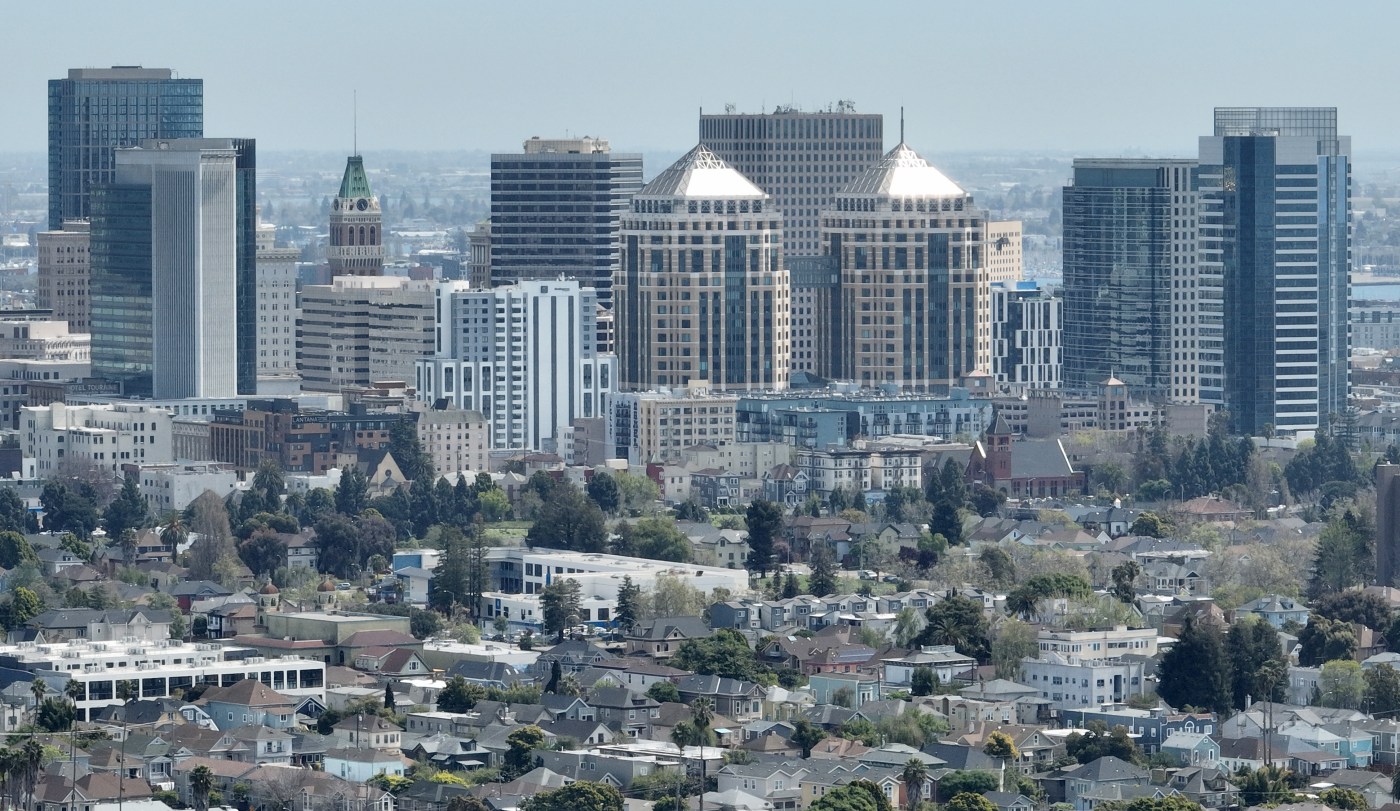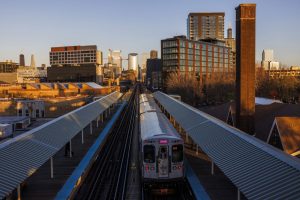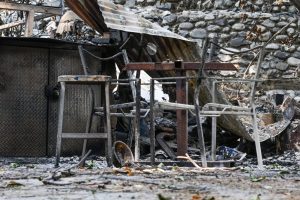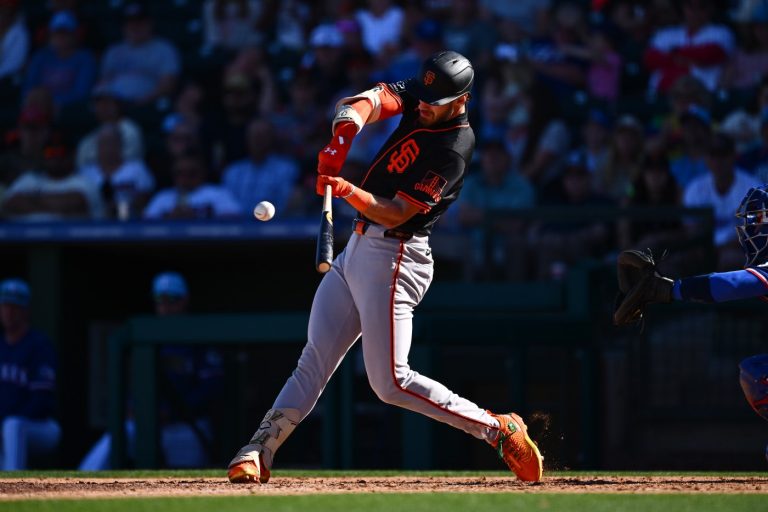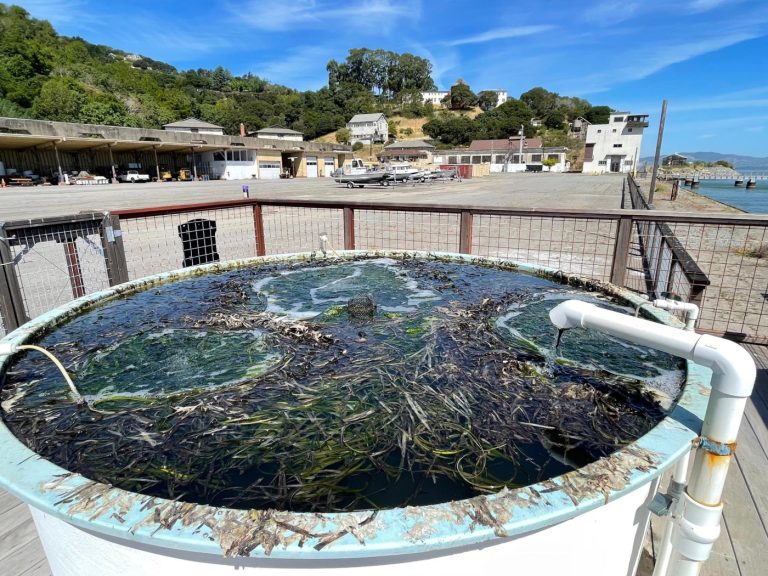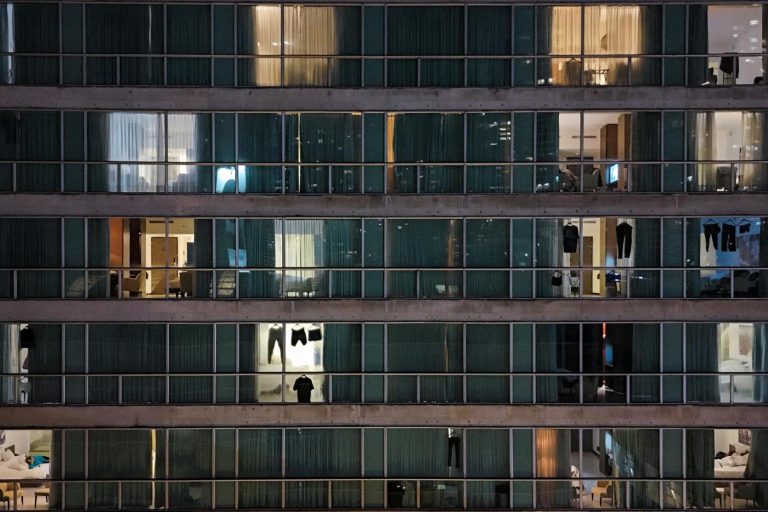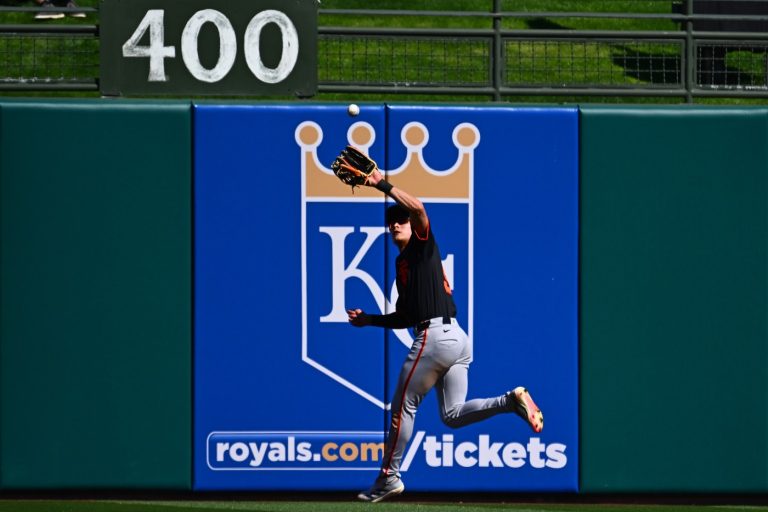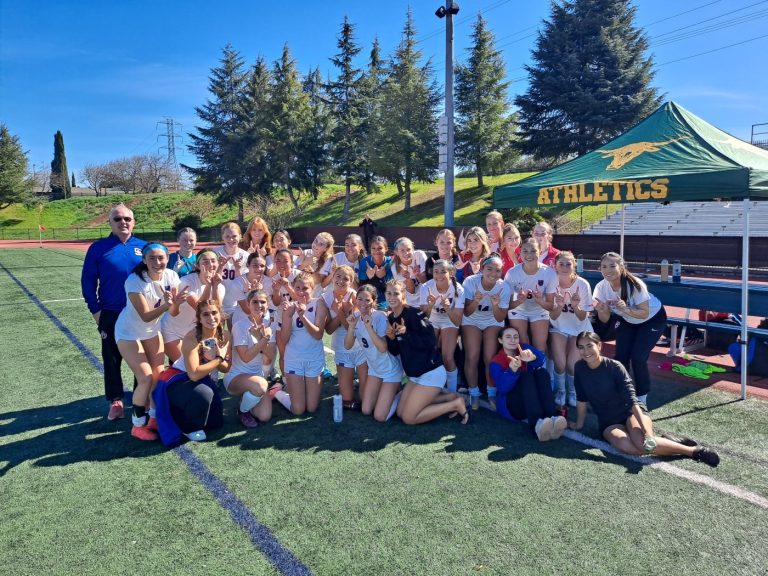If Dickens were to rise from the grave tomorrow, I bet he’d head straight to the East Bay.
Because we are watching a tale of two Oaklands.
One Oakland is advancing on this country’s greatest political prize. The other Oakland is circling the urban drain. The two Oaklands demonstrate just how little space there is between top and bottom, between power and powerlessness.
Read the headlines, and in Oakland it is the best of times.
A proud daughter of Oakland has emerged unexpectedly as a leading contender in the race for president. Kamala Harris is the first Democrat from the Golden State to win the party’s nomination, the first Black woman, the first Indian-American woman. If she can win — hold your breath — she’d be the first Northern Californian ever elected president. Oh, yes, and the first woman president too.
Oakland would be on top — of the free world. And that wouldn’t be its only conquest. Oakland is a democratic innovator, adopting a novel way of funding campaigns and allowing 16- and 17-year-olds to vote. O-Town has also become a cultural capital, a citadel of Black excellence to rival Harlem or Chicago’s South Side. Hollywood luminaries Zendaya, “Black Panther” director Ryan Coogler and two-time Oscar winner Mahershala Ali all hail, proudly, from Oakland.
And yet, if you go to Oakland today, it is the worst of times.
Downtown is dead. East Oakland’s streets are a mess of trash, busted cars and broken glass. Homelessness is rising faster in Oakland than just about anywhere else. And while crime falls across most of the rest of America, it increases in Oakland. Last year, one car was stolen for every 30 Oakland residents, according to the San Francisco Chronicle.
The city budget is in crisis. Political leadership is paralyzed, with Mayor Sheng Thao consumed by a recall campaign and a corruption investigation that included an FBI raid. There’s also a recall against Alameda County District Attorney Pamela Price, who runs the office where Kamala Harris started her own career as a prosecutor.
With local authorities in retreat, the state is filling the void. Gov. Gavin Newsom has sent in the California Highway Patrol to try to get a handle on car thefts and other property crimes, making arrests where Oakland police have failed to act. Businesses are fleeing, including businesses that never flee. All three major pro sports teams — basketball’s Golden State Warriors, football’s Raiders and now baseball’s A’s — have left the city.
In Oakland residents, you’ll find despair, mixed with hope for recovery. You’ll also find conspiracy-mongering — a sense that Oakland is being targeted by larger forces to discredit its progressive policies.
There’s some truth behind this conspiracy. It’s not fair for Trumpians to use Oakland’s failures to discredit Harris, who left town decades ago. But it is fair to ask her do more now. What Harris offers Oakland in the presidential campaign is the promise of symbolic triumph. That’s nice, but will it make the cops come when you call?
Related Articles
Letters: Redirect support | A strong case | Trump’s deceit | Ill prepared | Misusing genocide
Donald Trump says no to second debate with Kamala Harris
Young women are more liberal than they’ve been in decades, a Gallup analysis finds
Maligning a culture via its foods is a longtime American habit. Trump did it Tuesday
Post-debate, Bay Area voters double down on their presidential candidates, but anxiety creeps in
In borrowing Oakland’s reputation for toughness and the underdog credibility it provides, Harris is giving Americans the mainstream story we cherish. We love to celebrate winners who escape rough places, but we don’t much care about changing the systems that make living in such places so hard.
Instead, we try to take heart from the hard places and times we left behind.
In his book “Wandering Stars,” the indigenous author and Oaklander Tommy Orange writes, “You get a light behind you when what feels like the worst that can happen to you happens to you. It never goes away. It lives behind you. It’s there whenever you need it. The light… says: At least I’m not there. Back there when we thought the lights went out forever. At least this is not that.”
Joe Mathews writes the Connecting California column for Zócalo Public Square.
